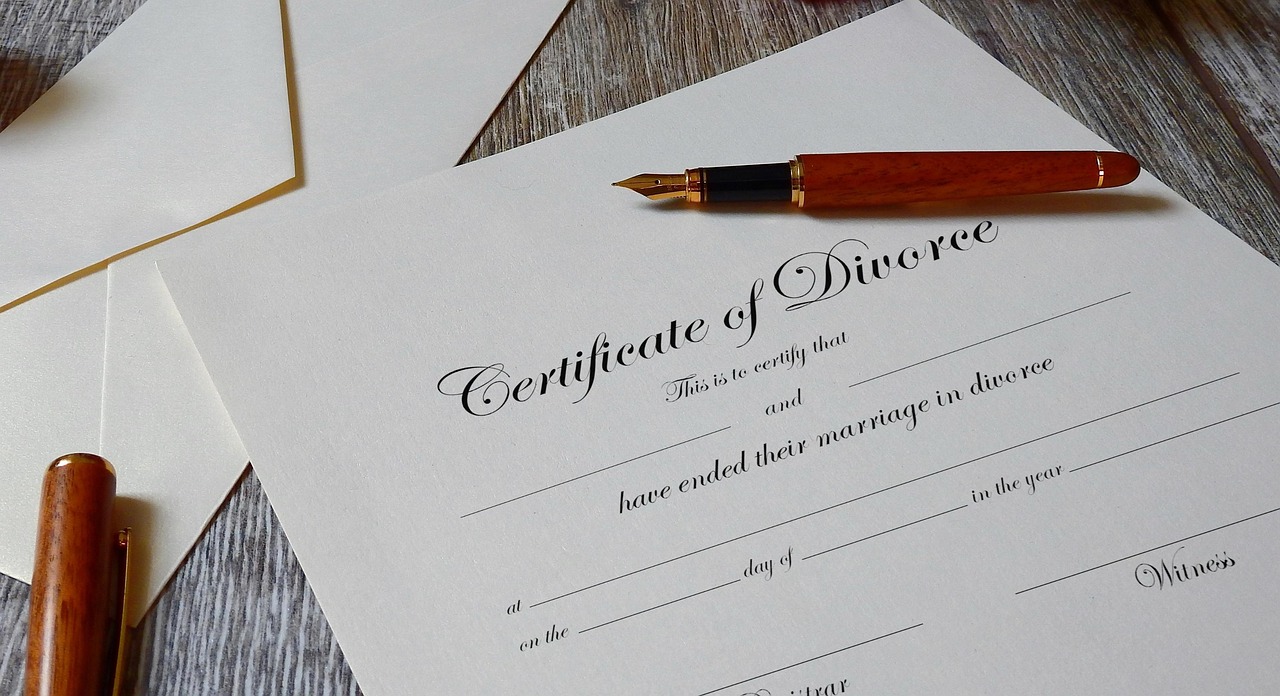Facing domestic violence is a painful and terrifying experience. Whether it's emotional, physical, sexual, or financial abuse, no one deserves to suffer in silence. Many victims feel trapped, unsure of where to turn or how to protect themselves and their loved ones. But you're not alone, and there are legal tools and support systems that can help you break free and rebuild your life. The first step is understanding that help is available—and you have the right to seek it.
If you're thinking about reaching out for legal support, it’s completely okay to feel nervous or unsure. Finding legal representation for domestic violence cases can make a real difference in how your situation is handled. A good legal team not only understands the law but also offers support with sensitivity and respect.
Getting legal help doesn’t just mean filing a case—it also includes protective orders, custody support, and help with housing or immigration matters. The right attorney can guide you through the legal system step-by-step, making it easier to feel safe and supported.
Understand What Domestic Violence Means
Domestic violence isn’t just physical. It can be verbal threats, stalking, controlling money, isolating you from friends, or forcing you to do things against your will. Anyone can be a victim, regardless of age, gender, or background. That’s why it's important to recognize the signs early and take action before things get worse.
Knowing your situation is the first step. Once you’re clear about what’s happening, you’ll be better prepared to seek the right kind of legal help.
Reach Out to a Lawyer
Finding a lawyer who has experience in domestic violence cases is key. You want someone who listens without judgment, explains things clearly, and truly wants to help you stay safe. Look for local legal aid services, nonprofit groups, or community centers. Many offer free consultations or work on a sliding scale based on your income.
If you're in immediate danger, a lawyer can help you get a protective or restraining order. These court orders can stop your abuser from coming near you, contacting you, or visiting your home or workplace. The process might seem intimidating, but your lawyer will walk you through each step.
Know Your Legal Rights
You have rights. And no one—not even a partner or spouse—can take those away from you. The law protects you in many ways, and knowing your options can help you feel more in control.
Here are a few legal options available:
Protective Orders: These can be temporary or long-term, and they offer legal protection from your abuser.
Custody and Child Support: If children are involved, the court can help ensure their safety and determine custody arrangements.
Divorce and Property Issues: If you’re married, a lawyer can help with divorce, dividing assets, and securing financial support.
Immigration Help: If your status is tied to your partner, some protections may be available to you under U.S. immigration law.
Connect With Support Services
Legal help is just one part of the picture. You also need emotional support and safe resources. Domestic violence shelters, counseling services, and crisis hotlines are available in most communities. These services can provide housing, therapy, support groups, and emergency financial assistance.
Many of these groups also work closely with legal professionals, so they can help you find the right lawyer or court advocate. You don't have to handle this on your own—there are people ready and willing to help.
Keep Records and Stay Safe
If you're still living with your abuser or have regular contact, keep a record of any threats, abuse, or strange behavior. Save text messages, emails, and voicemails. Take photos of injuries or damaged property. These details can be powerful in court and help your lawyer protect your rights.
Also, think about your safety. Plan an escape route, pack a go-bag, and share your situation with someone you trust. There are safety planning resources available through many domestic violence hotlines and shelters.
Final Thoughts
Getting legal help can feel like a huge and scary step—but it’s one that can change your life. You deserve safety, peace, and freedom. Don’t be afraid to ask for help. The legal system may seem complicated, but with the right support, you can make it work for you.
If you or someone you know is facing domestic violence, take that first step today. Reach out, speak up, and know that you are not alone. Help is out there, and you have the strength to find it.




Want to add a comment?